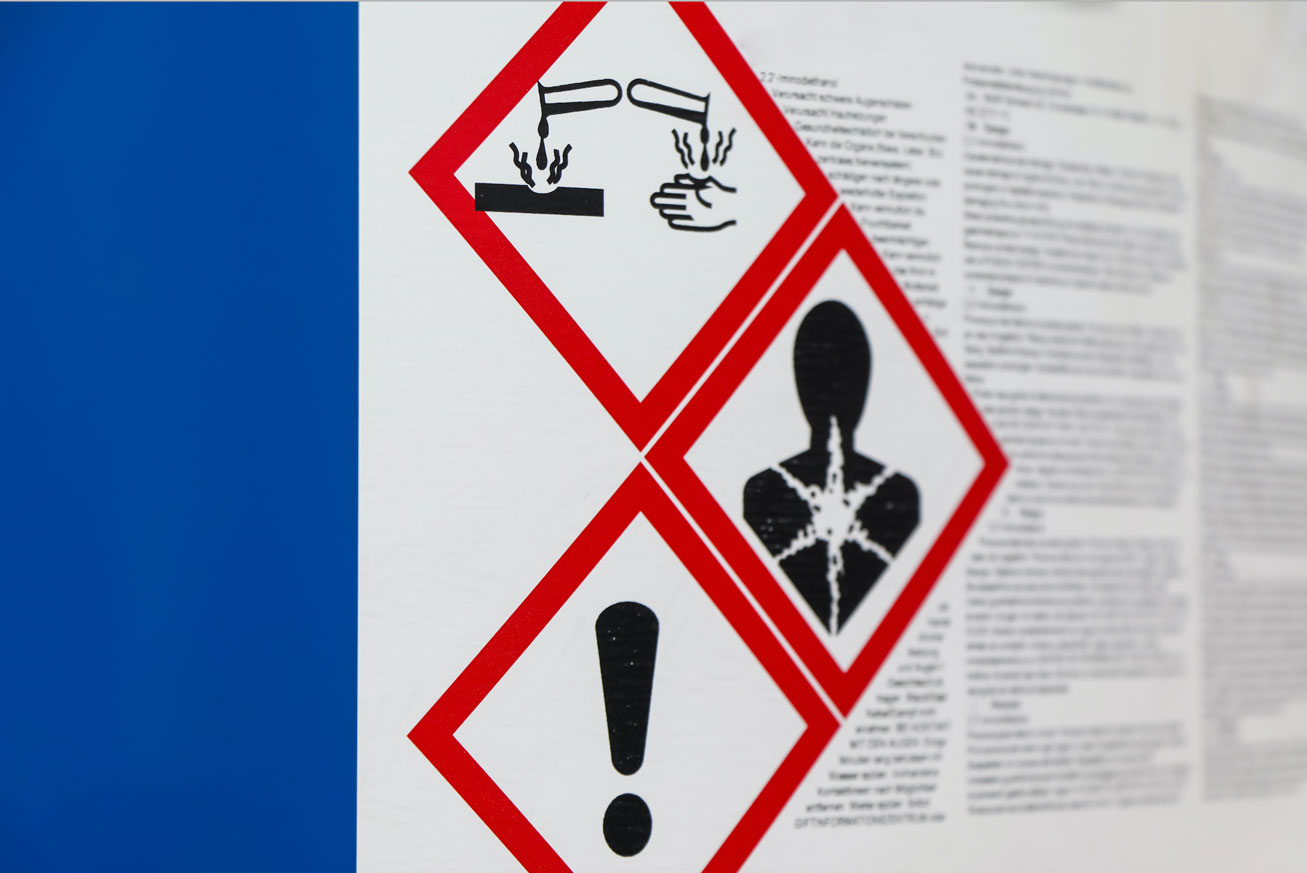
We like to have fun in this space. Moving involves a lot of work, so if we can make you giggle when learning how to best get things done, we’re happy to do so.
Today, however, we are going to play it straight. After all, we are dealing with a serious topic: how to safely dispose of hazardous material that was either in your home or left behind at your new location.
When you’re moving, things happen. There are bumpy roads, boxes slipping through fingers and walls that get bumped into. And, that’s not including weather challenges, like severe heat or cold.
Those conditions can make travelling with certain things dangerous as they could react and set on fire, corrode, or create a toxic gas. It all depends on the chemical.
So, you need to be careful to not travel with things that can cause problems. The golden rule for knowing what is and isn’t safe is this: When in doubt, throw it out.
This article will tell you how to do that properly.
Before starting the disposal process, you should first know what to look for.
To make your search a little easier, we have broken down the four main categories of hazardous chemicals, what makes them dangerous and have given examples of the chemical in question:
When dealing with hazardous materials DO NOT simply throw them out with the rest of the garbage. Doing so is possibly dangerous and could even potentially be illegal. And, that’s without even considering the ethical considerations – these materials can do serious damage to the environment and local watershed if disposed of incorrectly.
It is imperative that you follow a set of rules that will allow you to dispose of your hazardous chemicals safely.
May of the rules you will need to follow will be dictated by local authorities. So, your first step will be to do your research to learn what municipal bylaws are in place where you are and are going.
Call or visit the City Hall. There will be someone there that can direct you to the proper resources.
Most hazardous chemicals will have a label that provides general directions about how to store and handle them. Although these labels won’t provide information on how to dispose of them, they will include what that hazardous chemical is and which category it falls into.
Using your region’s guidelines, you can then know how best to dispose of the chemical.
It’s always best to recycle the material than to throw it out. If you can find a neighbor that can use the material, then everyone wins.
You don’t have to go through the time and expense of properly disposing of it, and the neighbor saves money he or she would have had to spend to acquire it.
In larger communities there will likely be specific collection days set aside for the disposal of hazardous chemicals. On those days you can take the material to a central location where you can drop them off where local officials will sort them for proper disposal.
So, have a look on your municipal website or mail-out to see if such a day is held where you live.
Ideally, you want to recycle these materials as much as possible and there are companies that will send you a recycling kit that is designed to safely transport the material back to them.
Those companies will then recycle the material to ensure that it is not damaging the environment.
You may not be able to recycle everything or find someone to take it. In that case, you’ll need to dispose of it.
If your municipal government does not offer a pick-up day, or doesn’t have the capability to handle the materials, you will need to contact a private waste management company that does.
Once you contact the companies, they will either pick them up for a small fee or tell you how to dispose of them on your own.
This guide should provide more than enough information to dispose of all hazardous chemicals before you move confidently.